The World Bank in collaboration with other International Organisations are raising red flag of unstable political situation in Liberia ahead of next year’s Presidential and Parliamentary elections to be conducted in October 10, 2023.
According to a Country report presented on Saturday, December 3, 2022 to the plenary at the ongoing Community Parliament’s Second Ordinary Session in Abuja Nigeria, this is due to fractions and conflict with the opposition parties in Liberia.
Hon. Clarence Massaquoi a member of the Liberian delegation presenting the Country report noted that, the four opposition political parties (the All Liberian Party, the Alternative National Congress, the Liberty Party and the Unity Party) in Liberia entered into an alliance, in 2020, termed “The Collaborating Political Parties”. Beginning 2021, conflict engulfed the alliance and by the beginning of 2022, two of the four opposition political parties (ALP & UP) withdrew from the alliance.
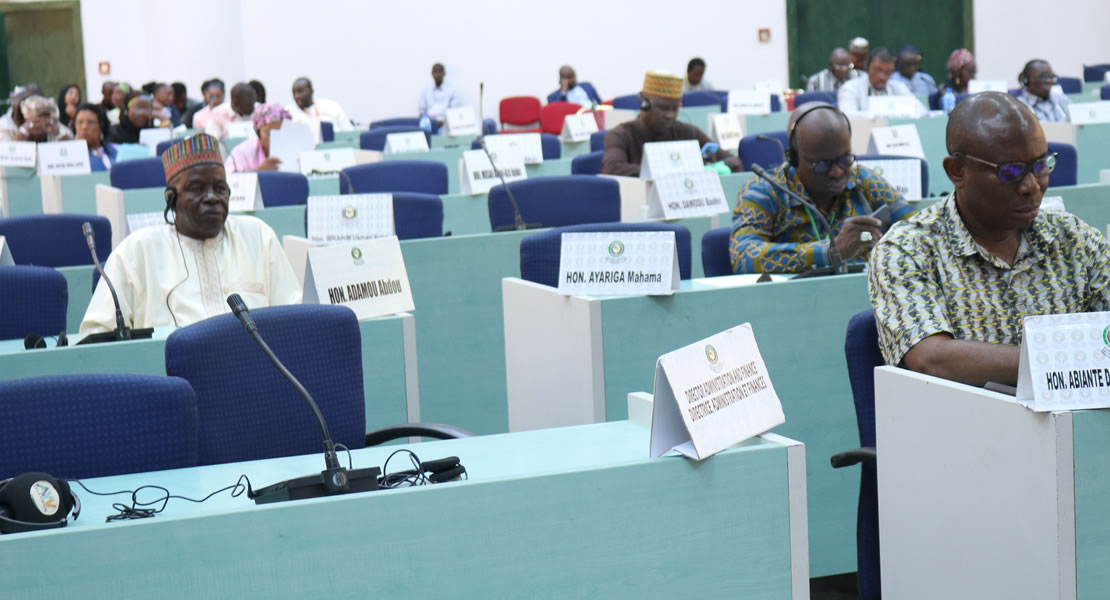
Upon their withdrawal, the remaining two parties from the CPP evoked a purported “exit clause” that was allegedly in the CPP Framework document. The two withdrawing parties denied the existence of said clause, which would prevent them from contesting any elections after withdrawal, when they signed the framework.
This led to legal proceedings beginning at the National Elections Commission and ending at the Supreme Court of Liberia. In June 2022, the Supreme Court ruled that the “exit clause” was illegal and unconstitutional- both parties can participate in any election in Liberia.
ALP vs ANC- The Government of Liberia, through Cllr. SaymaSyreniusSephus (Solicitor General), dropped all charges for “forgery and criminal conspiracy” against the Political Leader of the Alternative National Congress, Mr. Alexander B. Cummings. The All Liberian Party of Benoni Urey had sued Mr. Cummings and other officials of his party for allegedly altering the Collaborating Political Parties Framework by inserting an illegal exit clause that bar breakaway members of the CPP from contesting in any election until 2024.
Liberty Party vs Liberty Party- Liberty Party still has a major internal split over (1) the alleged unauthorized expulsion of its Political Leader, Sen. NyonbleeKarnga Lawrence, by its Party Chairman, Musa Hassan Bility, and (2) the alleged tempering of some provisions of the party’s constitution by the Party Chairman.
Both matters are still at the National Elections Commissions and the Supreme Court of Liberia as both the Political Leader and the Chairman battle for legitimacy and supremacy.
VOTERS’ REGISTRATION:
Voter’s Registration is expected to begin from December 15, 2022 – March 17, 2023. The NEC, registered political parties and international partners have agreed to transition to the Biometric Voters Registration System.
This will be the first time for Liberia to use such system. However, there is currently a stalemate, which began in August 2022, between the NEC and the Public Procurement and Concession Commission (PPCC) over the selection of the company to award the contract to supply the biometric system.
The NEC has selected EKEMP two times claiming that they were the only company that met all the requirements advertised and therefore the “Most Responsive Bidder”. The NEC requested “No Objection”, on both occasions, from PPCC to award the contract for the supply of the biometric system and equipment to EKEMP and the PPCC has rejected to do so both times stating that EKEMP does not have the requisite experience, profile and capacity to supply the system and equipment.
The delay in this procurement process has, by default, disrupted the initial timetable for voters’ registration. The NEC is yet to share the adjusted timetable with political parties or the public.
Meanwhile, the National Population and Housing Census was announced to take place from October 24- November 7, 2022 across Liberia.
The census should have been conducted in 2018 but was postponed. The last census was conducted in 2008. The census was later postponed to November 22, 2022. However, from the planning stages of the census, there have been allegations of financial malpractices by officials of the Liberia Institute for Statistics and Geo-Information Services (LISGIS) as well as the lack of capacity to conduct the census.
There have been many setbacks experienced including poor timing ineffectiveness and inefficiency in the training of enumerators.
Since the training phase of the census, there have been multiple protests by recruited enumerators based on corruption allegations (from the selection of enumerators, conduct of the tests and payment of fees).
Although the census is said to have begun on November 22, it started on November 11 but has since been marred by huge criticism and resistance from the public.
Ongoing intra and inter tussles within LISGIS, which is charged with the responsibility to conduct the census, has caused much concerns and uncertainty which has even led to the dismissal of two of its senior officials by the President of Liberia.
It is not yet clear whether or not the process will meet internationally set standards for the conduct of census. However, both the Executive and Legislature have agreed for the census to proceed and have thereby extended the deadline to January 2023.
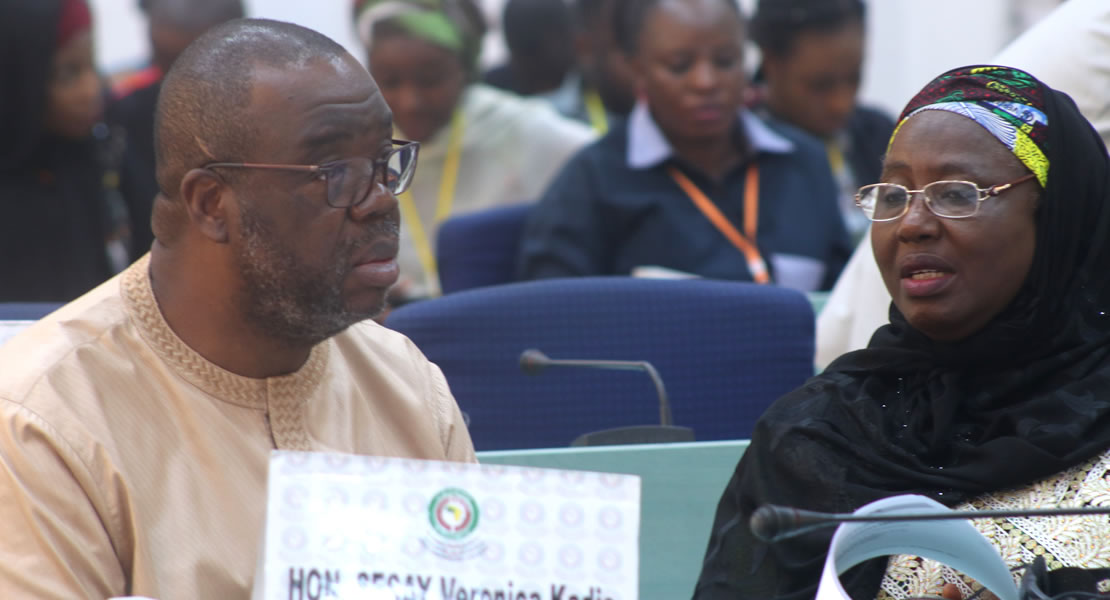 The United States imposed sanctions on three senior government officials in August 2022. The officials sanctioned included President Weah’s Chief of Staff- Nathaniel McGill, Liberia’s Chief Prosecutor- SaymaSyreniusCephus and the Managing Director of the National Port Authority- Bill Two-way.
The United States imposed sanctions on three senior government officials in August 2022. The officials sanctioned included President Weah’s Chief of Staff- Nathaniel McGill, Liberia’s Chief Prosecutor- SaymaSyreniusCephus and the Managing Director of the National Port Authority- Bill Two-way.
All three officials were designated as “foreign government officials who engaged in corruption including misappropriation of state assets, taking private assets for personal gains, or bribery”.
The Liberian President initially suspended the three officials and commissioned an investigation but later, they resigned from their respective posts and the investigation has not been completed.
SECURITY SITUATION
On the overall, the security situation in Liberia is stable although there are several early warning signs of possible political clashes, which may occur during the 2023 Presidential and Legislative elections, if care is not taken.
There is looming fears and anxiety amongst Liberians when discussing the upcoming elections.
Despite Liberia’s security challenges, she was maintain her commitment to maintaining peace and her presence in the sub-region.
Cross-Border Security:
Echoes of recent military coups in neighboring Guinea, as well as other sister states such as Mali and Burkina Faso continue to permeate fear in border security.
The influxes of migrants from these affected countries into Liberia, the volatile security situation along the borders, and the fragile state of the country, raise the concern for border security and require swift action on the part of the government, ECOWAS and partners to strengthen border security in the region.
To this end, the government of Liberia has recruited over 1,000 new police officers and 500 new military officers to beef up security in Liberia.
Influx of Migrants:
The unsettled conflict due to influx of migrants from the West African region into border towns of the country is causing tension in some quarters- specifically the mass farming and logging by Burkinabe’s and illicit mineral mining by Ghanaians.
Residents of the affected counties, in Liberia, have called on the government to intervene before the situation degenerates into violence.
Kwaku Sakyi-Danso/Ghanamps.com
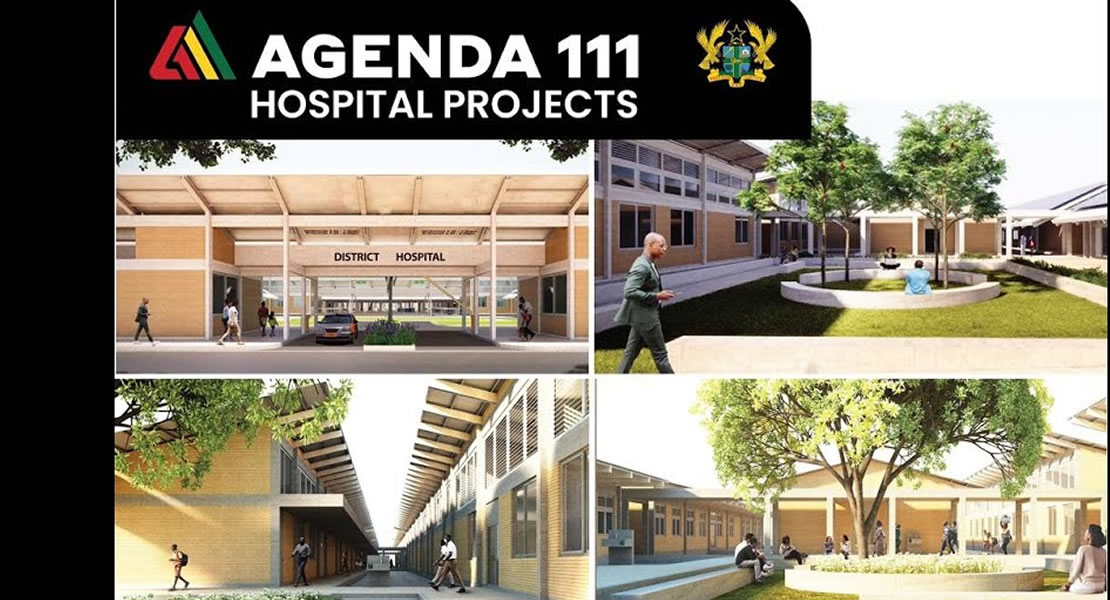
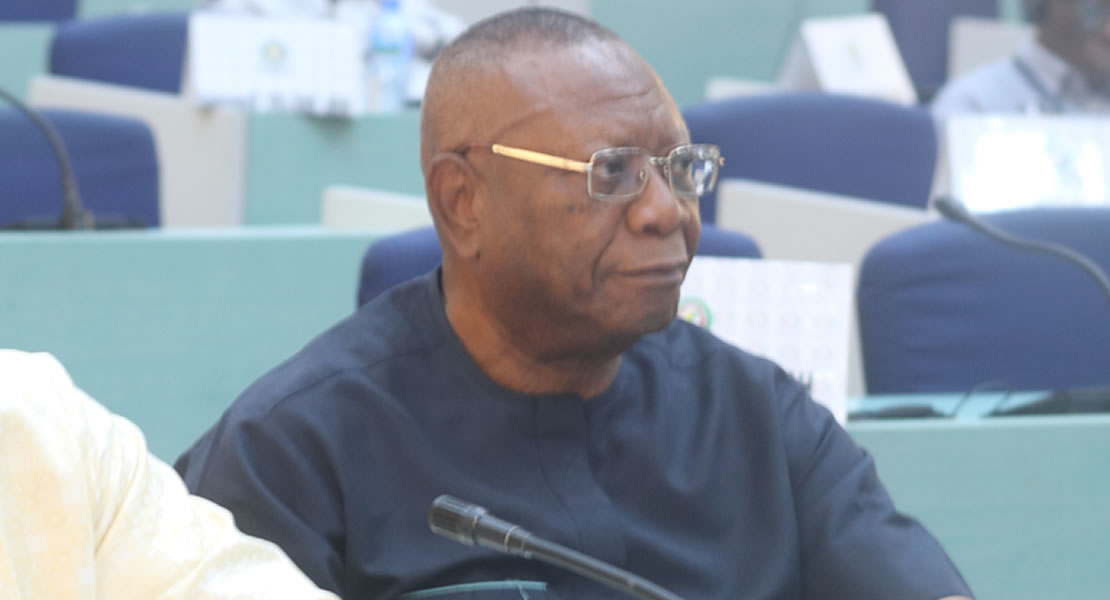
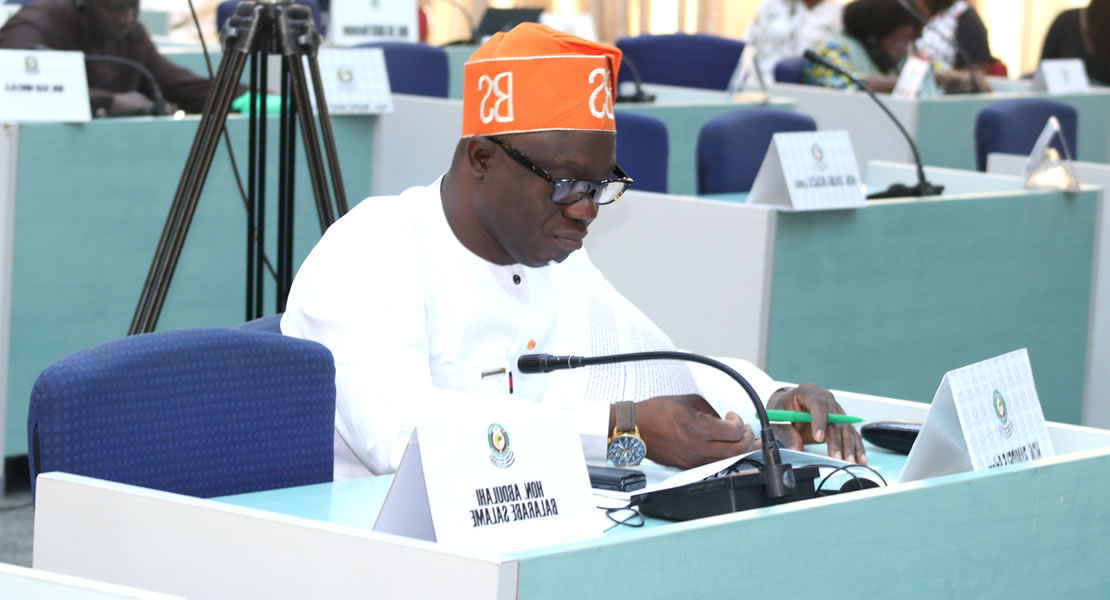
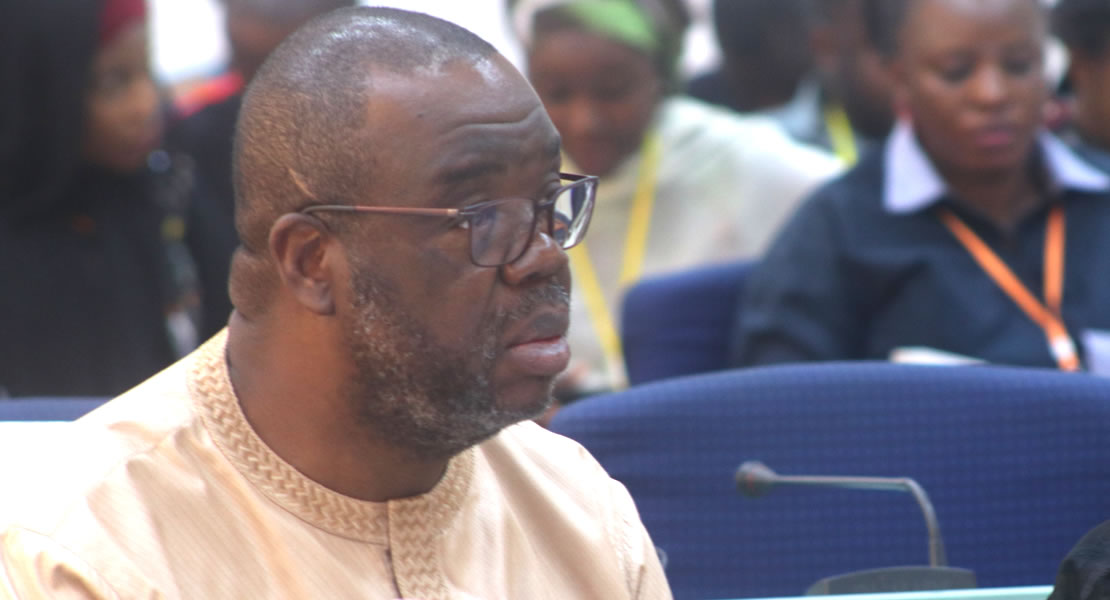
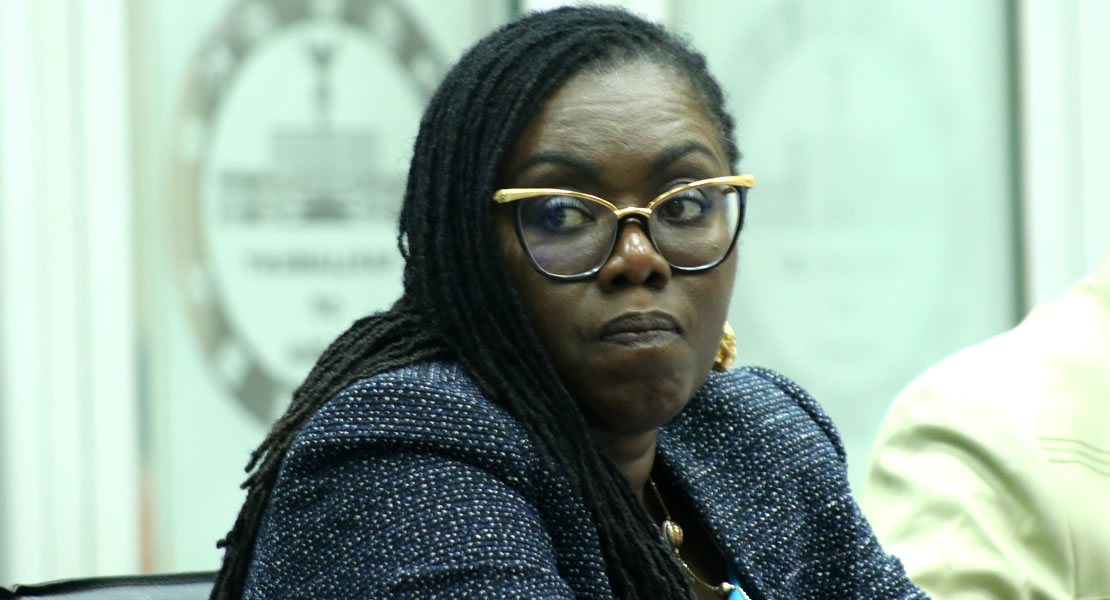
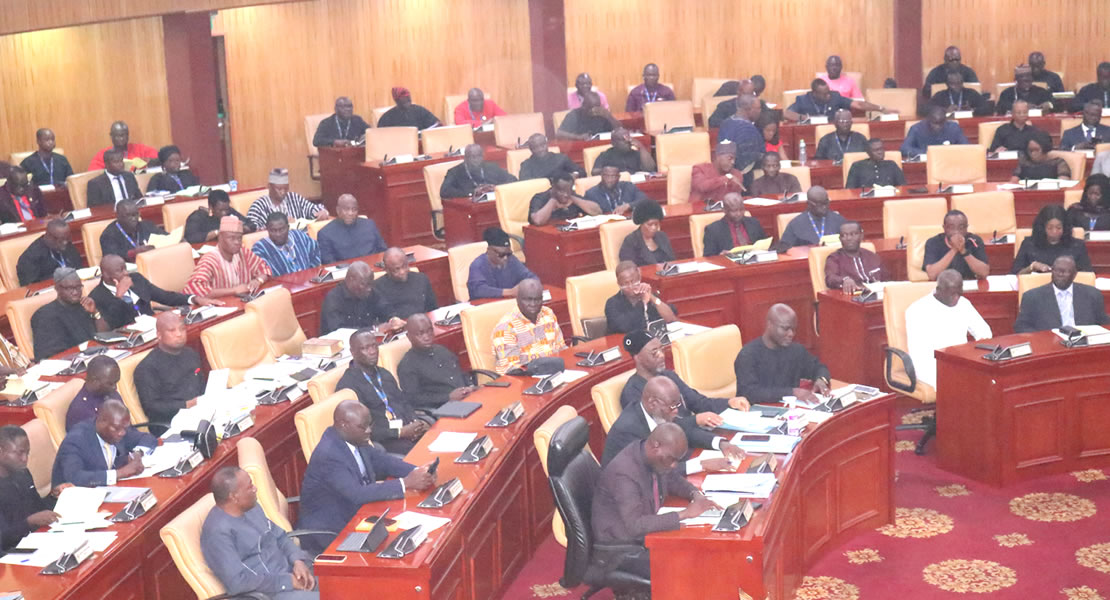
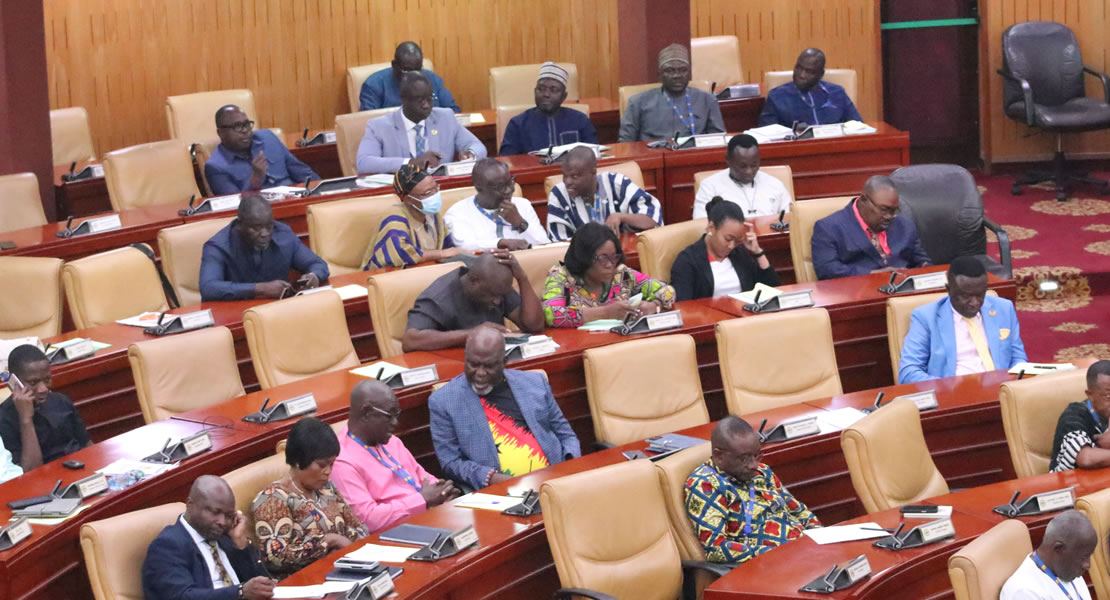
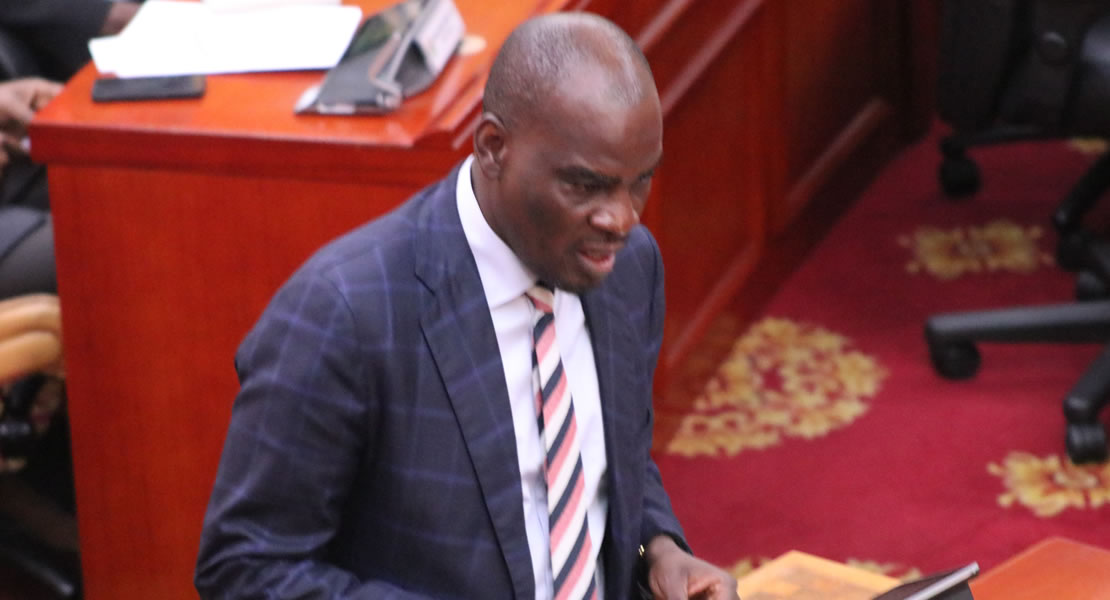
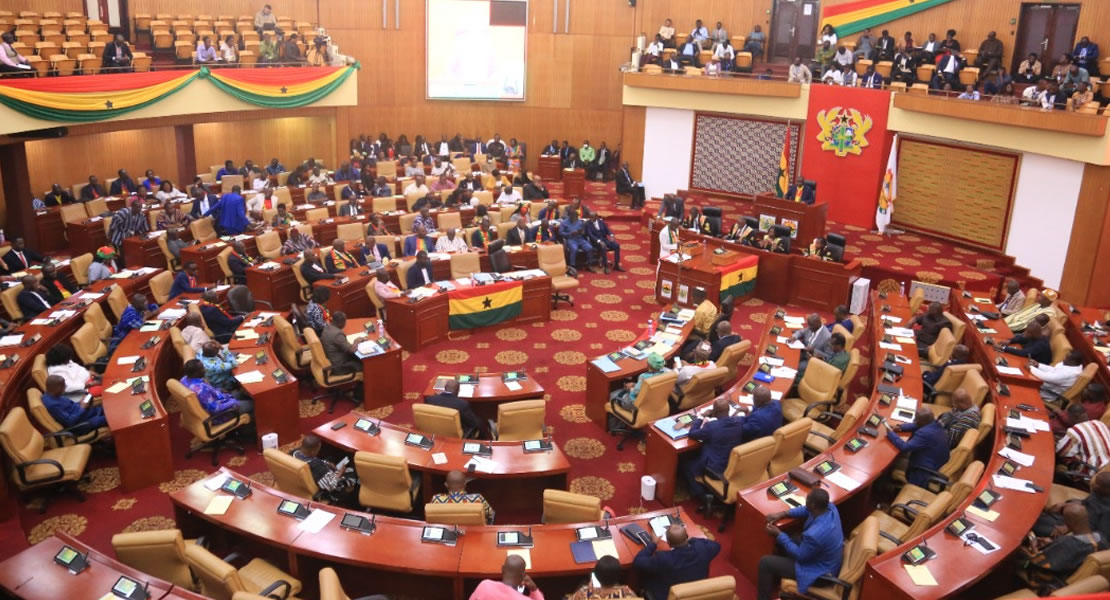 For Domestic Bond holders, there will be a drastic slash in the agreed interests on their existing bonds which have been replaced by four new instruments maturing in 2027, 2029, 2032 and 2037 as follows,
For Domestic Bond holders, there will be a drastic slash in the agreed interests on their existing bonds which have been replaced by four new instruments maturing in 2027, 2029, 2032 and 2037 as follows,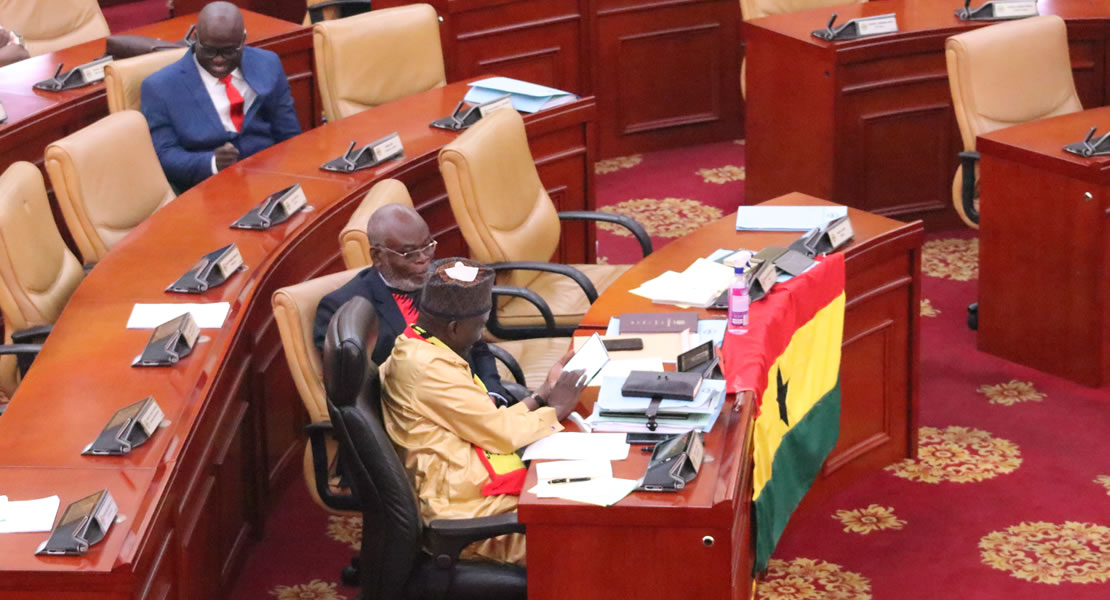
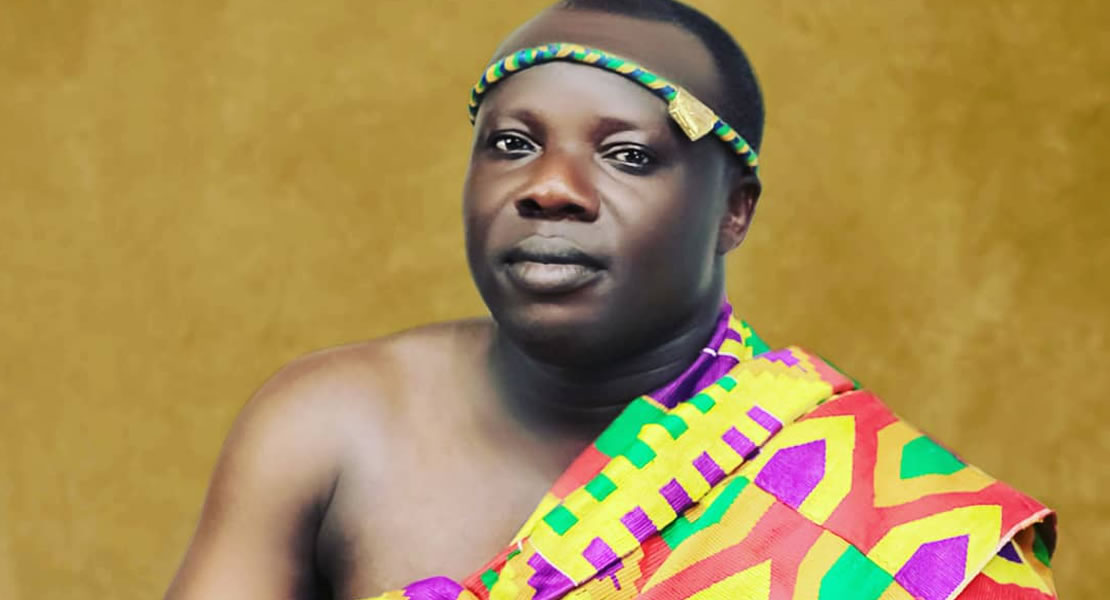
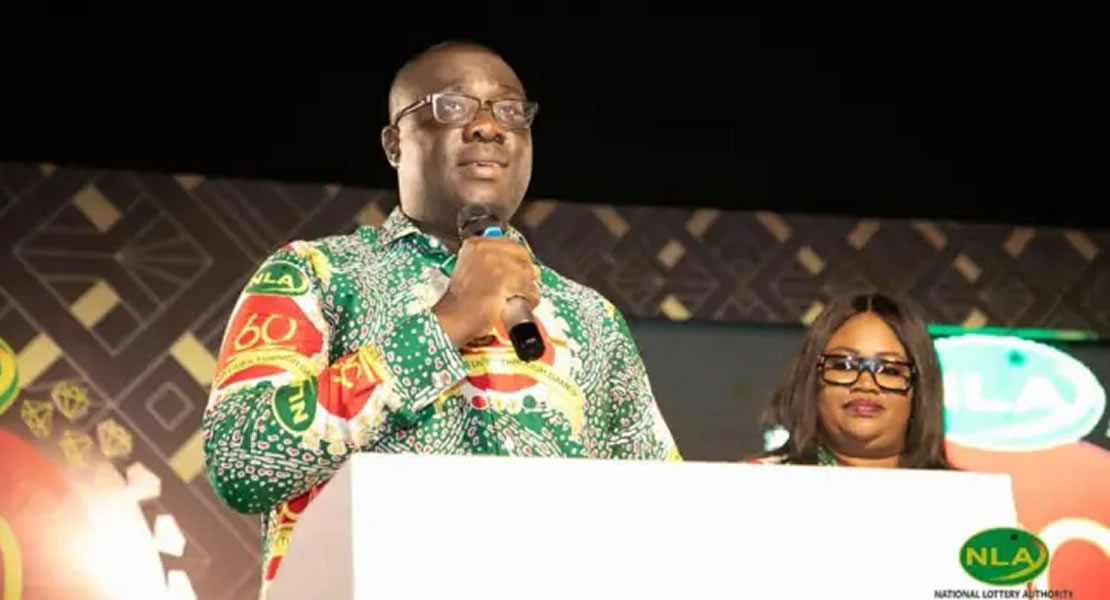 He said, for Sammi Awuku to bring world lottery association to Ghana to host NLA at 60 is commendable.
He said, for Sammi Awuku to bring world lottery association to Ghana to host NLA at 60 is commendable.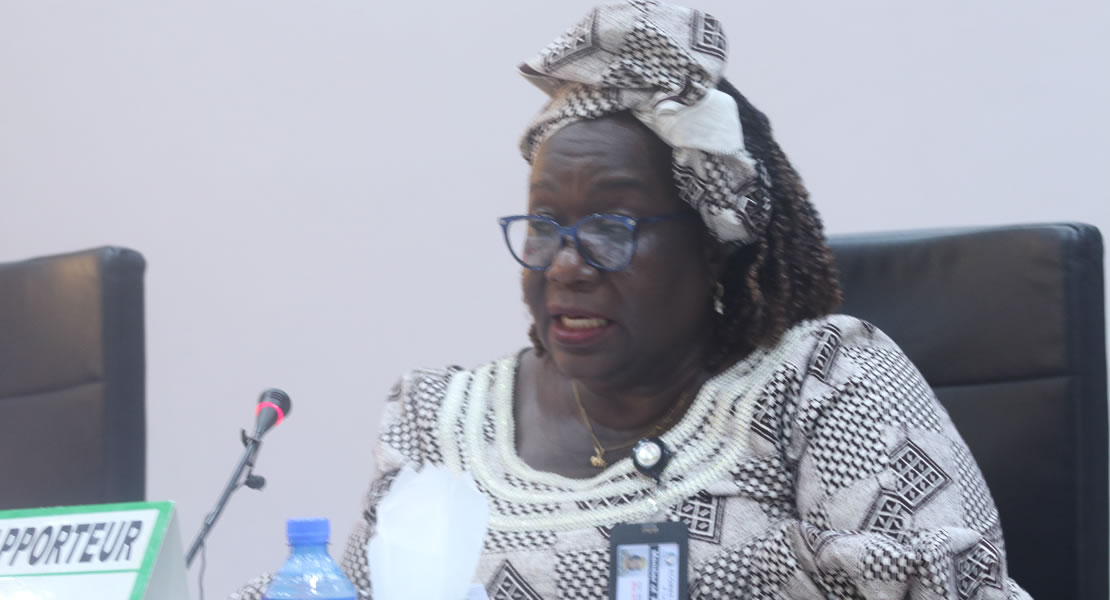
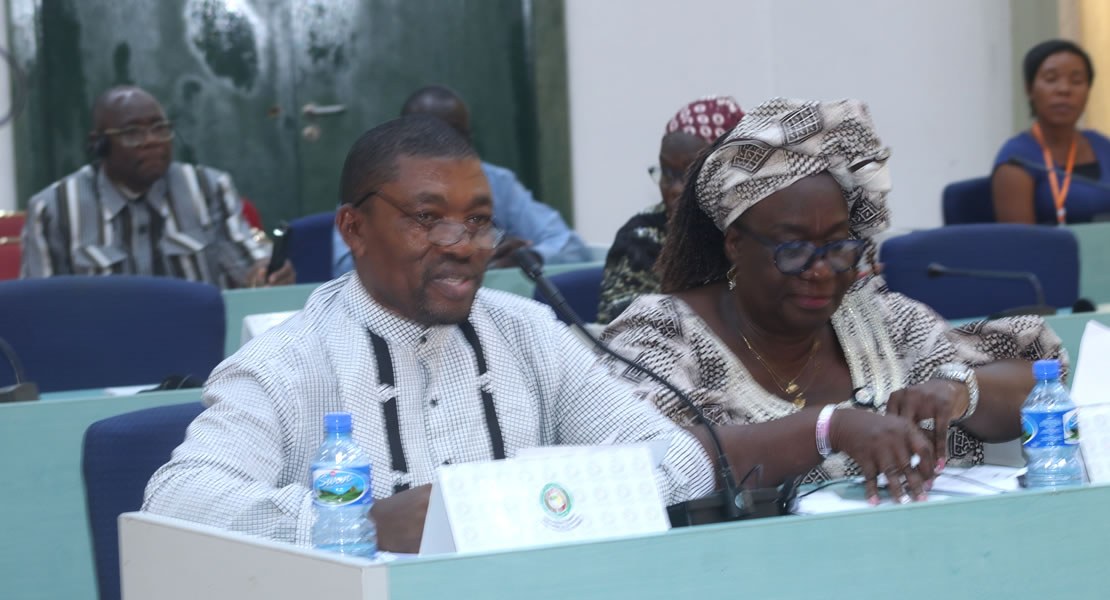 She made this known on Saturday, December 3, 2022 when she presented the Country report of her country at the plenary at the ongoing Second Ordinary Session of the Community Parliament in Abuja Nigeria.
She made this known on Saturday, December 3, 2022 when she presented the Country report of her country at the plenary at the ongoing Second Ordinary Session of the Community Parliament in Abuja Nigeria.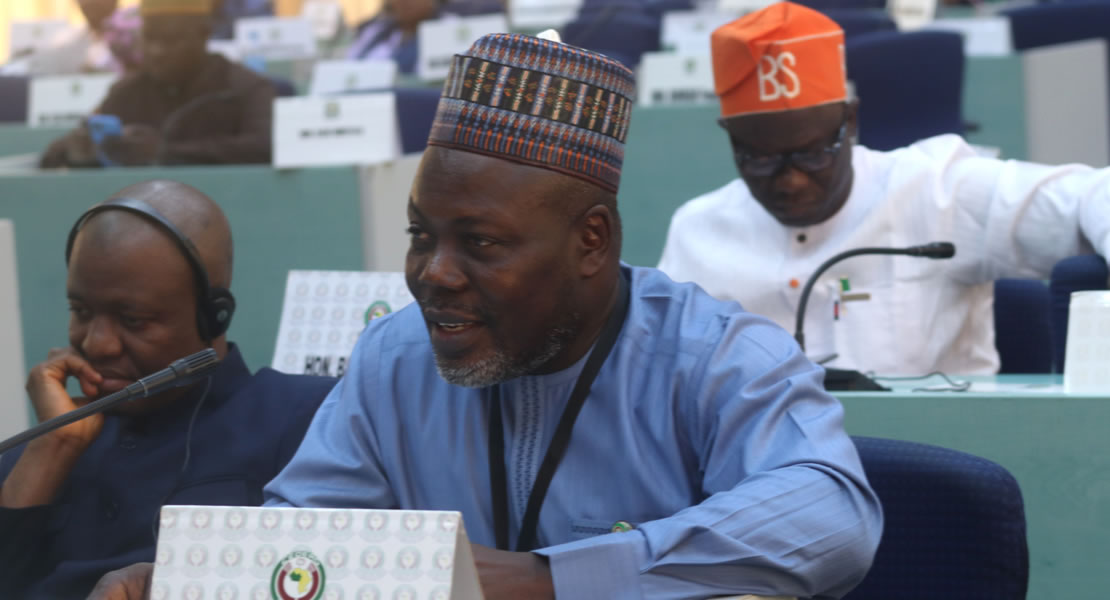
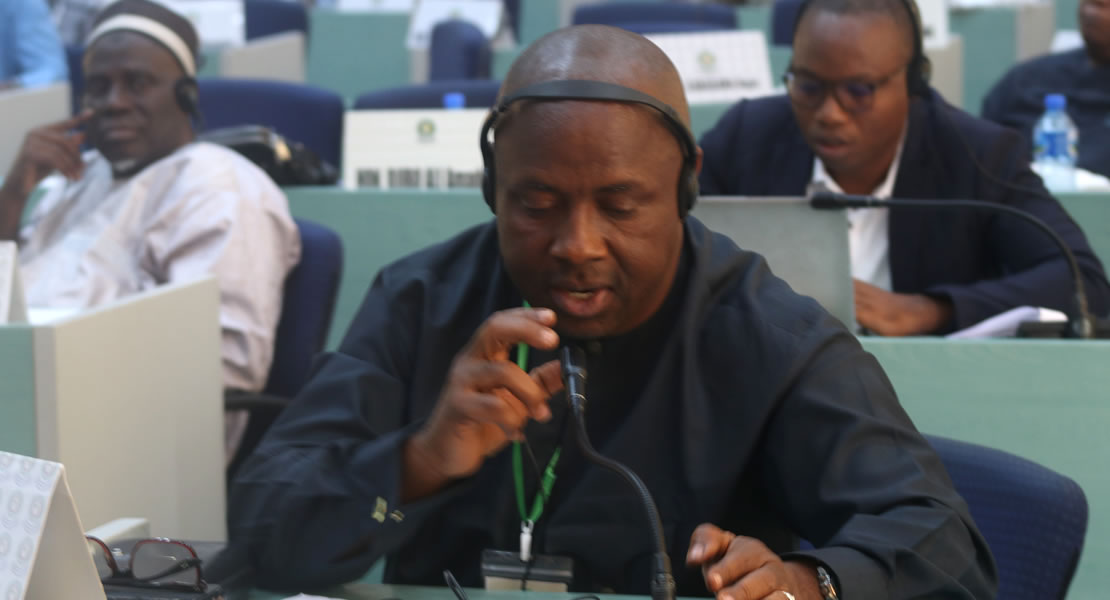 Since its adoption in 2017, the Common External Tariff (CET) considered a four year migration plan that ends in 2022.
Since its adoption in 2017, the Common External Tariff (CET) considered a four year migration plan that ends in 2022.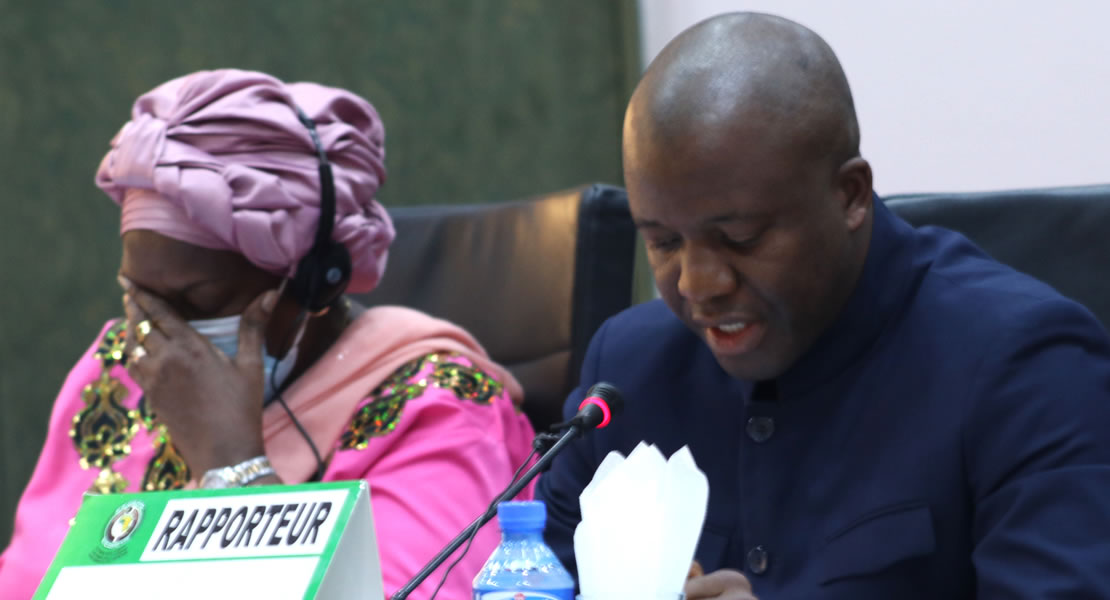

 The United States imposed sanctions on three senior government officials in August 2022. The officials sanctioned included President Weah’s Chief of Staff- Nathaniel McGill, Liberia’s Chief Prosecutor- SaymaSyreniusCephus and the Managing Director of the National Port Authority- Bill Two-way.
The United States imposed sanctions on three senior government officials in August 2022. The officials sanctioned included President Weah’s Chief of Staff- Nathaniel McGill, Liberia’s Chief Prosecutor- SaymaSyreniusCephus and the Managing Director of the National Port Authority- Bill Two-way.